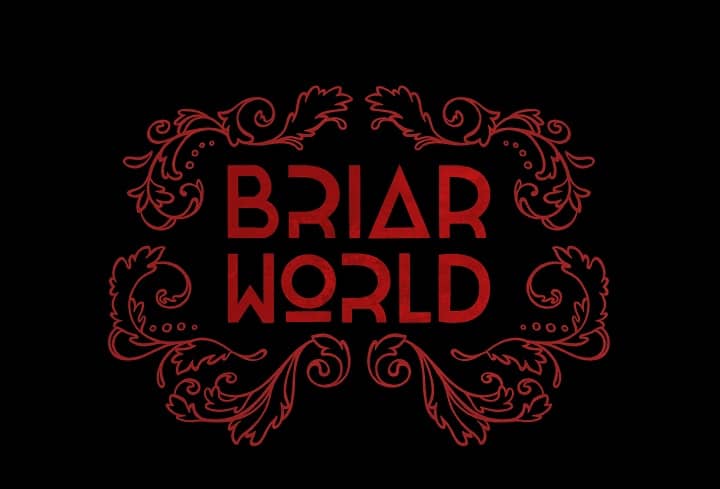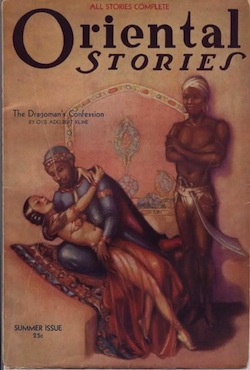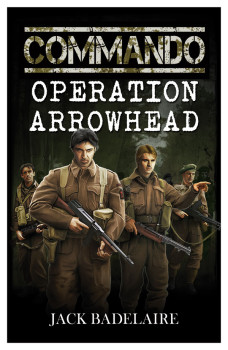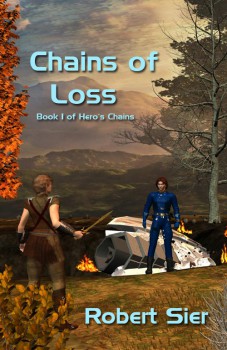The Money Where the Mouth Is – Derek Writes an Ongoing Webcomic
In my four or five years blogging for Black Gate, readers have probably become used to me interviewing comic creators and editors, reviewing new comic books and webcomics, small press and large, as well as revisiting classic comic runs and discovering new podcasts that dig into how the sausage is made.
It was becoming increasingly obvious to me that it was time for me to ante up and join the game rather than sitting on the sidelines. And it is a lot different than writing short stories and novels! But, in the last year, I had two 16-page comic book stories published by Markosia Press in the UK.
Gorillas in the Ring (with artist Wendy Muldon and letterer Ian Sharman) appeared in the anthology FLIP (Dec 2018), and Frankenpuppy (with artist Trevor Markwart) will appear in the anthology FLIP 2 (Jan 2020), although our story is being released digitally as a stand-alone preview to the anthology and is at Comixology now for $1.99.



 Today we’re talking to
Today we’re talking to 



